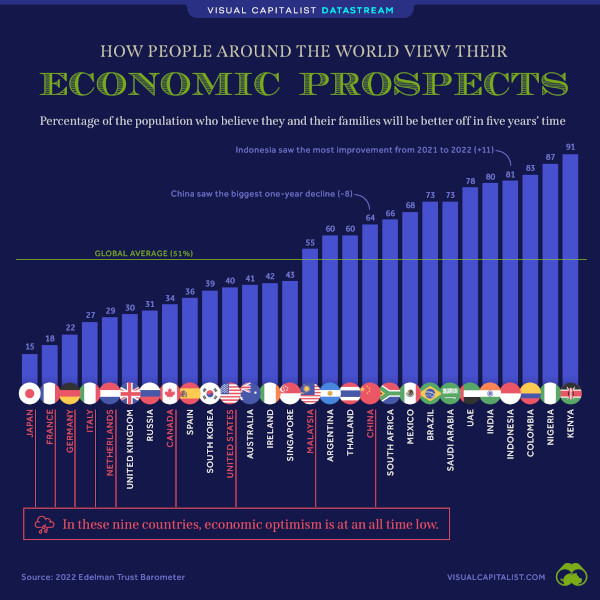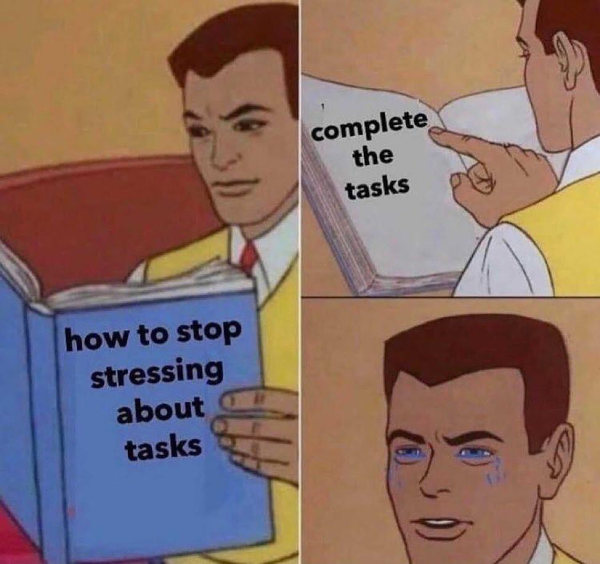[From Unsplash]
Good morning,
In his recent memoir Home in the World, Amartya Sen narrates an incident from his boyhood that influenced his thinking deeply, and reflects one of the dominant themes of his work—development as freedom.
Sen writes, “One afternoon in 1944, a man came through the gates of our home, bleeding profusely and screaming in pain. I was back in Dhaka during the school holidays and alone in the garden of our house, Jagat Kutir. The man, a Muslim day-labourer called Kader Mia, had been severely knifed in his back as well as at the front. He was going home after some work in a nearby house—for a tiny reward—and had been stabbed on the street by communal thugs in our largely Hindu area…
“When my father was taking him to the hospital, Kader Mia told him that his wife had pleaded with him not to go into a hostile area during the communal riots. But he had to go out in search of work, to earn a little wage, because his family had nothing to eat…
“I thought again and again about Kader’s wife, pleading with him not to take such a risk. The incident dominated my thoughts for a long time, and I came to recognize the huge reach of poverty in robbing a person of all freedoms—even the freedom not to take a highly probable risk of being murdered. Class comes into this story in a big way. It is obviously sound advice (as we tend to hear again and again during riots) to tell people not to leave their homes, but what can you do if staying at home means starving children? It is not surprising that most of the victims of communal riots come from the poorest layers of the society—those who are always the easiest to kill. I was not very old before I realized the pressing need to bring economic class into an understanding of the horrors of communal violence and carnage in India. Most of the people killed in the Hindu–Muslim riots of the 1940s shared a class identity (they came from families of workers and the dispossessed), even though they differed in their religious or communal identity (in being a Muslim or a Hindu).”
Share with us some key experiences from your younger days that shaped your thinking.
Putin’s gamble
When Samuel Pepys, our man in London, first spoke to us about Russia and wrote last month in his A Letter from London that Valdimir “Putin doesn't move a pin without strategic intent. He doesn't start anything without deciding an end game. It's the Western leaders' failure to grasp this key characteristic of his personality that allows him to add an aura of unpredictability to his actions,” we heard all of what he had to say closely. That is why we are watching the events unfold in Ukraine with much interest and Putin’s interest in the country. Things look explosive.
A compelling report in The Wall Street Journal explains why Putin has his eyes set on the country. “When Vladimir Putin was a young KGB recruit, his intelligence assessment noted a character flaw. Russia’s future president possessed a ‘lowered sense of danger,’ it said, according to his autobiography—meaning that he was prone to take unwarranted risks,” the writers discover.
They go on to talk about how when “In 1989, crowds of East German pro-democracy protesters were poised to storm the KGB compound where Mr. Putin worked in Dresden. Pretending to be a simple translator, he recalled, he walked out and talked down the ‘aggressive’ crowd while frantic calls to Moscow for backup were left without reply.”
So what’s with his fascination with Ukraine?
“Ukraine, which has sought to sever this interdependence with Russia ever since the 2014 military invasion, plays an outsize role in the current confrontation because, in Mr. Putin’s eyes, it isn’t really a foreign land. It’s the loss of Ukraine, which was the second-most-populous and most-industrially advanced former Soviet republic, that lies at the root of Moscow’s dramatically diminished global standing.”
“‘Without Ukraine, Russia ceases to be an empire, but with Ukraine suborned and then subordinated, Russia automatically becomes an empire,’ Zbigniew Brzezinski, the late national security adviser under President Jimmy Carter, noted in the 1990s.”
Dig deeper
- Putin loves to roll the dice: Ukraine may be his biggest gamble yet (WSJ)
- From Russia with Love (Founding Fuel)
What are people thinking?
With the stock markets in flux world over, questions are being raised about how are people thinking about their economic prospects over the next five years. That is why this chart compiled by the Visual Capitalist about How People around the world feel about their economic prospects over the next five years got our attention and we looked at it with much interest. Large numbers of people in Japan, France, Germany, Italy, Canada and the US feel despondent. Those in China continue to remain optimistic, though a little lower than last year. As for people in India, 80% of those surveyed believe the future looks good. Most intersting!

Dig deeper
Stress management

(Via WhatsApp)
Found anything interesting and noteworthy? Send it to us and we will share it through this newsletter.
And if you missed previous editions of this newsletter, they’re all archived here.
Warm regards,
Team Founding Fuel
(Note: Founding Fuel may earn commissions for purchases made through the Amazon affiliate links in this article.)

